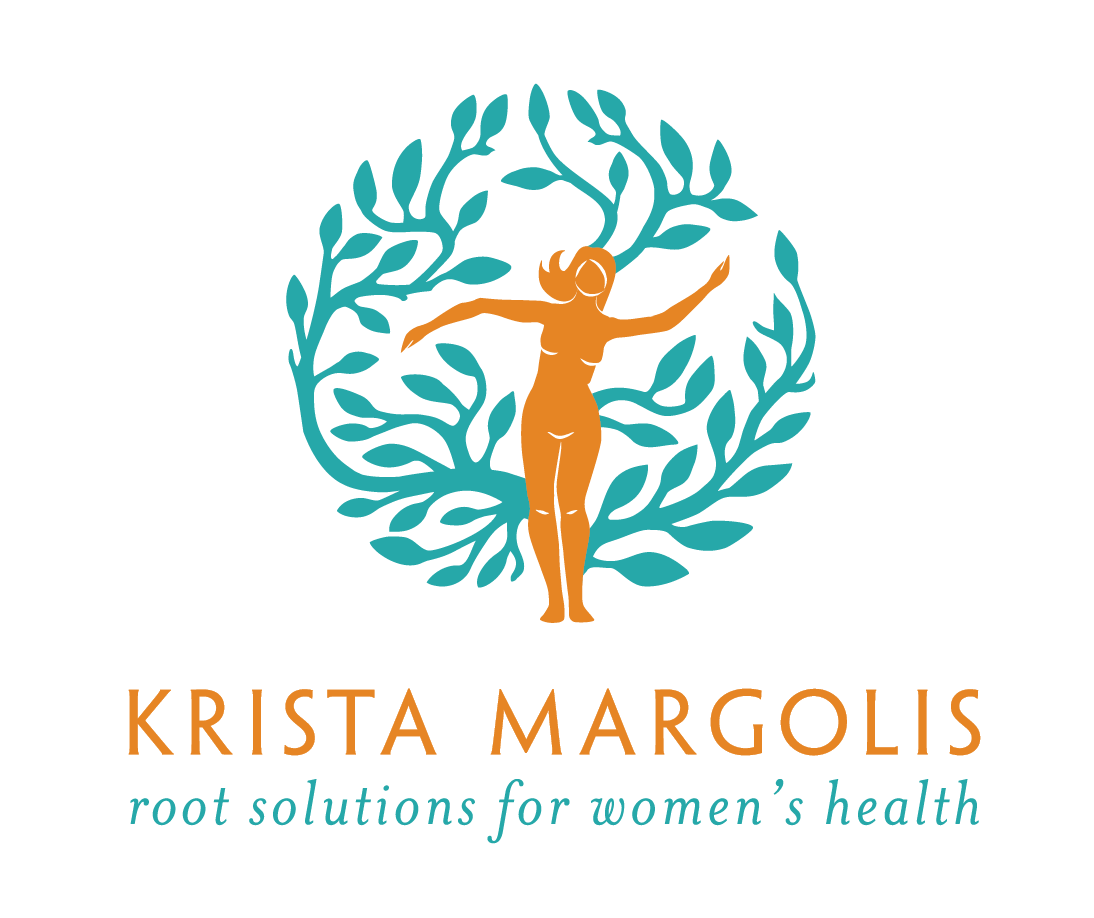Five Tips for 4th Trimester (Postpartum) Health
Five Tips for 4th Trimester Health
1) Talk about your birth experience!
The childbirth experience lives on in the new mother’s thoughts and emotions. You need to make sense of your birth by putting into words what happened and how you felt. There can be so many emotions, both positive and negative, that come up. Some new moms feel triumphant, some not so much. These can fester and grow if not discussed and examined. There is no right or wrong in what counts as traumatic or even troubling; prior life events can have an impact on our vulnerability. There is great benefit from sharing your story with a caring, empathetic listener.
2) REST!
I know this sounds obvious and like an old cliché…”You should rest when your baby rests.” But it’s so important!! Critically important. This is a time to catch your breath and reflect on what you’ve experienced. Slow down. Resist the temptation to do, do, do. This truly is a miraculous moment and a time for you and your baby to really get to know each other and for you to recover. Give up the illusion of perfection here; nobody is expecting it.
Part of rest includes sleep. I know, sounds like an oxymoron with a newborn, right? Sleep is definitely different and comes in more chunks vs. long stretches but there are ways to get enough sleep so that you’re not completely sleep-deprived.
3) Create your outer placenta.
What?! Sounds a little strange at first but it makes sense. The placenta is your baby’s main source of nourishment throughout pregnancy. You both need a placenta on the outside once birth occurs. This can include anything/anyone that nourishes both you and your baby once he or she is born. Friends, partner, family, therapists, postpartum doula, food, babysitter, you name it. Figure out what you need to feel supported and nurtured and then ask for it. People want to help and don’t always know how. Create your outer placenta.
4) Nutrition
This sounds like a no-brainer too…of course good nutrition is important for your healing body and for your baby. But what does that mean exactly? The basics are these: you need adequate protein (75-100 grams per day of quality protein), fresh fruits and vegetables (organic if possible), whole grains, if tolerated (think quinoa, brown rice, oats), healthy saturated and unsaturated fats to equal at least 30% of total caloric intake (coconut oil, olive oil, nut oils, animal fats, avocado, nuts, seeds), fiber, fermented foods (sauerkraut, miso, yogurt, kefir, kombucha, kimchi), broth (healing for your gut; bone broth, mineral broth), and hydration! This is where you ask your outer placenta for help! Have friends bring some fresh organic veggies every time they come to visit…and make them stay long enough to cut them for youJ There are also important supplements for the 4th trimester; see my previous blog called the Foundational Five.
5) Understand postpartum moods and when to seek help
*50-80% of mothers experience “baby blues” during the first 2 weeks postpartum; the blues often include crying, feeling anxious, upset, or the “what have I done?” feeling. This is very normal! There is no cure other than taking care of yourself.
About 10-20% of new mothers experience postpartum mood disorders, such as depression, anxiety, post-traumatic stress disorder (PTSD) or obsessive-compulsive disorder (OCD) and 1 in 1000 experience postpartum psychosis. There are many wonderful, supportive people and organizations who can help. Contact Blooma (http://www.blooma.com/), Pregnancy and Postpartum Support Minnesota (http://www.pregnancypostpartumsupportmn.com/), or myself (http://www.kristamargolis.com/). You are NOT ALONE in this experience, even though it can feel like it, I promise.
Every birth brings a unique 4th trimester experience; some are more blissful with little stress while others are more challenging. No matter where you fall on this spectrum, you will need support from loving friends and family and maybe others.

